
By Leigh Camacho Rourks
The woman at Dillard’s is being helpful.
She is motherly. She is smiling.
She would like to measure my breasts. “So many women are wearing the wrong sized bra, dear,” she says. She actually says “dear” while eyeing my cleavage.
I know I’m wearing the wrong sized bra. That is why I’m at Dillard’s. I’ve gained some weight. My underarm flab is pooching around the band of my current bra, and I am afraid to check if the pudge I feel straining the hooks, encouraging them to jab and poke, has become full-fledged backfat. My right boob, the big one, is bouncing between unattractive double boob and all out escape. I have put this off far too long, and I am completely demoralized. Despite the fact that I do know the proper way to size a bra and have a fairly good idea of what size I need, 44DD, I say yes. I want to be pampered. I need this kind woman to fuss and measure. To make me and my breasts feel better.
That is not what she does.
Forget the fact that she will not leave the room as I wiggle into bra after bra, eyeing me and my swaying double Ds, forget that, over and over, she tries to physically put each of my boobs into its cup (I want to ask her to buy me dinner). Forget that every single bra she brings me is large and reinforced and horrifyingly ugly.
What sends me to my car, desperate to not rage-cry in public, is her insistence that what I really need is a minimizer.
A minimizer is a bra designed to hold your breasts down, to make them appear daintier. Less obtrusive. It is like a leash for the most unruly boobs. It keeps them under control. For those on the search for a smaller rack, minimizer bras are the perfect solution. I was on no such search.
The first time one was ever suggested to me, I was about 16 and the adult who advised I compress my breasts did so with nothing but love. “Your clothes will fit so much nicer,” she said.
Over the years, I have learned it is code for, “You look kind of slutty with them big ol’ titties.”
At the time, all I heard was, “Good god, freak! Get a hold on those unwieldy things.” It felt like I was walking around with a couple of baby Godzillas strapped to my chest. People even suggested I consider surgery. And all I could thing was, “Come on, y’all. They aren’t that big.”
I pretty much liked how my clothes fit. I liked my body and I chose to wear clothes that didn’t hide it. Yes, you read that correctly, I was sixteen and I liked my body. A damn, short lived miracle. It was this glorious point in my life where I stopped starving and binging long enough to marvel at the beautiful breasts that had been growing non-stop for four years. The lovely hips that had turned baby fat to hourglass. I had nice legs. Cute freckles. I was going to be okay. I stopped hiding behind oversized shirts and crossed arms and started wearing things that fit my shoulders, my waist, my back, and yep, those breasts.
The thing is, if a flat chested girl wears a shirt that fits her breasts, even if it is low cut, she looks “tailored.” If I do, I look slutty. The more boob you have, the more baby feeding flesh people are afraid they might see. And apparently, that shit is ugly. I should know. People have been helpfully suggesting I “respect myself” and hide it for as long as I can remember.
I can’t imagine any of my progressive, feminist friends suggesting to a young girl that she show a little self-respect and cover her beautiful brown eyes. Maybe she could learn to love herself and hide those shiny locks. A little more self esteem and maybe she wouldn’t feel the need to flaunt her athletic legs! Slamming collar bone? High collar for you. Delicate neck? Get a scarf!
But, many are willing to tsk at any overly exposed boob not feeding a child. It is the juncture where a lot of conservatives and liberals find common ground: Teach your girls to love and respect themselves and dress appropriately. The bigger the boob, the more self respect that is required.
It isn’t just the soft, round bits either.
I was at work one day, wearing a mock turtleneck that literally covered me from chin to hip. I have, this time, lost some weight, so not only is the shirt not skin tight, but it sags a little at the boob. I look sloppy and I know it. At least I am SFW, safe for work.
A friend, a fierce feminist, leans over and quietly advises me that my nipples are showing. Afraid that my black top is so old and worn that it has actually given up and become invisible, I scuttle to the bathroom, cursing my inability to throw anything away.
Nope. It is just a bit cold in the building. And my nipples, cute little arrows that they are, are doing what chilly nipples do. The sag in my shirt is no match for their eager salute, and I am left to wonder what on earth I am expected to fix. I don’t even really understand the problem at hand (or nip). I am not, after all, a Barbie doll, smooth and plastic.
I do nothing except move them around so that they point in the same direction.
Barbie’s breasts were shrunk years ago, giving her a more realistic, athletic build. I wonder if she is the future. Her smooth, large-but-not-too-large rack is already the politically correct fashion. It sits still, each well mannered boob in its own space, no real cleavage, no nipples, no jiggle.
I have fine breasts. So far, they are healthy. They no longer sit as high as they once did, sliding into an armpit if I lay down, or as firm, my bounce now pure Jello, but they are fine, lovely girls. They are one of the few things I really like about my body. And when I wear something that shows them off, it isn’t a lack of self esteem or daddy issues that prompted the plunging neckline and tight bust.
The only “respect” my breasts really need from me are check-ups, mammograms, and some armor if I decide to go in for a contact sport. The only respect they need from you is your lack of judgment.
 Leigh Camacho Rourks lives in South Louisiana, where she is the assistant editor of Louisiana Literature. Her stories have been chosen as finalists for the Tennessee Williams Literary Festival Fiction Contest (2012) and The American Fiction Prize (2013), and her work has appeared or is forthcoming in a number of journals including Kenyon Review Online and Prairie Schooner. You can follow her on twitter @ScaredWriter or visit her website and blog at LCRourks.com.
Leigh Camacho Rourks lives in South Louisiana, where she is the assistant editor of Louisiana Literature. Her stories have been chosen as finalists for the Tennessee Williams Literary Festival Fiction Contest (2012) and The American Fiction Prize (2013), and her work has appeared or is forthcoming in a number of journals including Kenyon Review Online and Prairie Schooner. You can follow her on twitter @ScaredWriter or visit her website and blog at LCRourks.com.
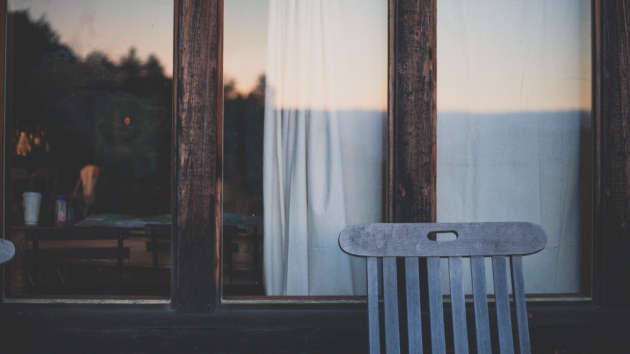

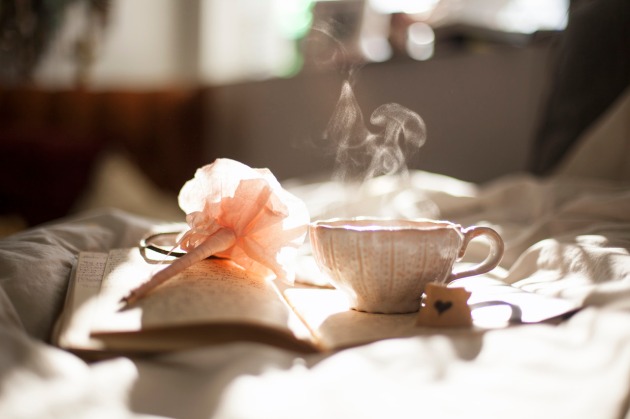
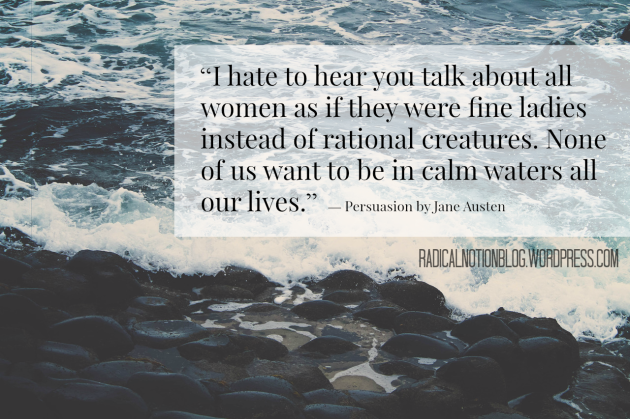 It’s hard to believe it’s been a month since Radical Notion began. We’ve had so much good content from guest posters, and we’ve so enjoyed sharing their words, as well as ours, with you! I’d like to thank Laura Sook Duncombe, Shannon Deep, and Leigh Camacho Rourks once again for submitting to us and so bravely sharing their stories.
It’s hard to believe it’s been a month since Radical Notion began. We’ve had so much good content from guest posters, and we’ve so enjoyed sharing their words, as well as ours, with you! I’d like to thank Laura Sook Duncombe, Shannon Deep, and Leigh Camacho Rourks once again for submitting to us and so bravely sharing their stories.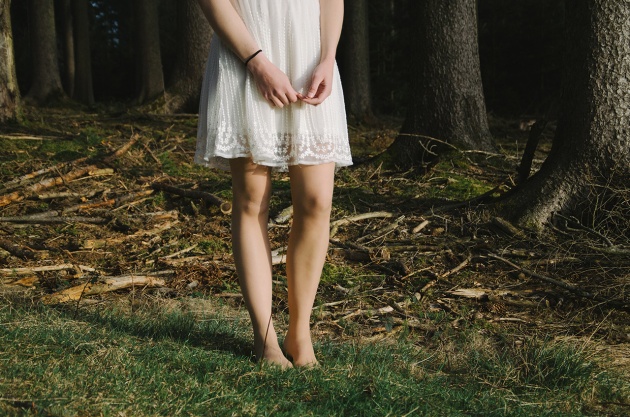


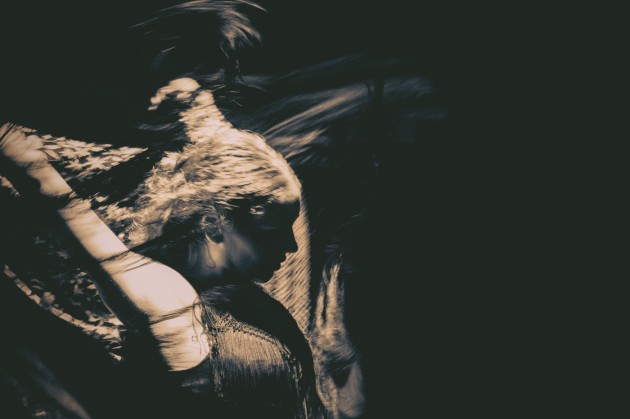


 Leigh Camacho Rourks lives in South Louisiana, where she is the assistant editor of Louisiana Literature. Her stories have been chosen as finalists for the Tennessee Williams Literary Festival Fiction Contest (2012) and The American Fiction Prize (2013), and her work has appeared or is forthcoming in a number of journals including Kenyon Review Online and Prairie Schooner. You can follow her on twitter @
Leigh Camacho Rourks lives in South Louisiana, where she is the assistant editor of Louisiana Literature. Her stories have been chosen as finalists for the Tennessee Williams Literary Festival Fiction Contest (2012) and The American Fiction Prize (2013), and her work has appeared or is forthcoming in a number of journals including Kenyon Review Online and Prairie Schooner. You can follow her on twitter @
 Shannon Deep is an essayist, dramaturg, and playwright originally from Pittsburgh, Pennsylvania. She currently lives in New York City with her boyfriend, too many roommates, and three cats whose mission in life it is to pee on everything she ever loved. She will definitely tweet back to you if you say hi to her on Twitter at @
Shannon Deep is an essayist, dramaturg, and playwright originally from Pittsburgh, Pennsylvania. She currently lives in New York City with her boyfriend, too many roommates, and three cats whose mission in life it is to pee on everything she ever loved. She will definitely tweet back to you if you say hi to her on Twitter at @
